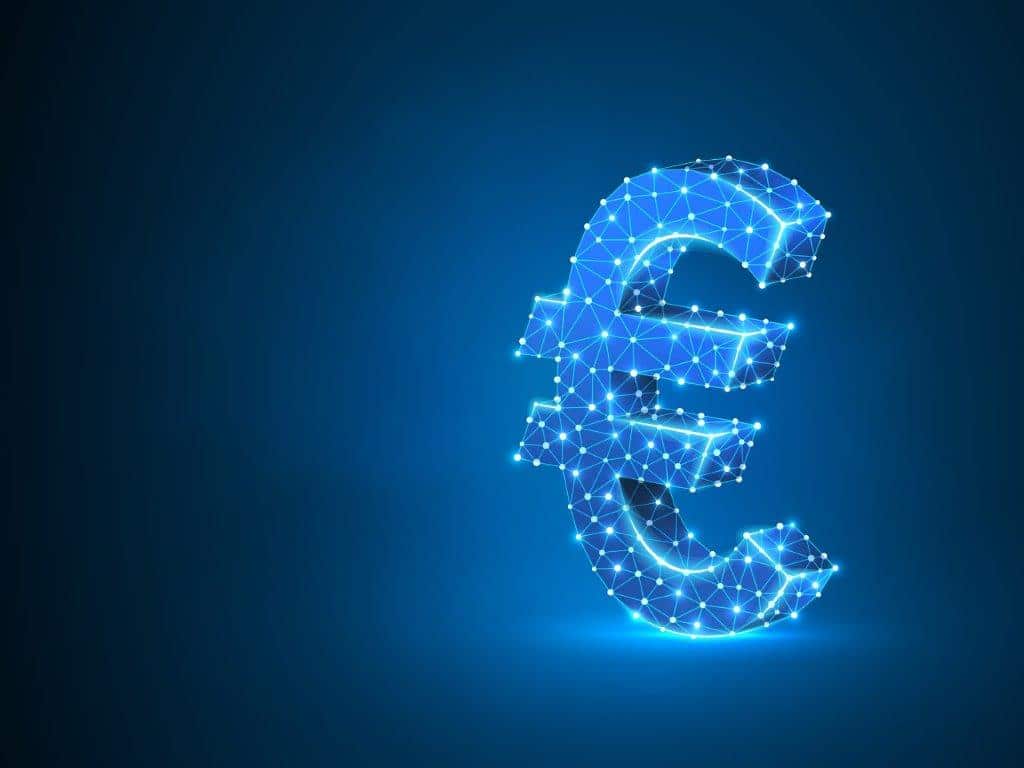
François Villeroy de Galhau, the current governor of the Banque de France, recently spoke about innovations in the banking sector. After a brief reminder of the recent collapse of American banks earlier this year, such as Silicon Valley Bank, the head of the financial institution focused on the development of the euro digital currency.
Named Cash+, the objective of this digital euro remains mysterious. With a planned deployment between 2027 and 2028, its main function will be as a digital currency usable by all member countries of the European Union (EU). It will be issued and controlled by the European Central Bank (ECB).
François Villeroy de Galhau states that this technology will not replace coins and banknotes. However, just by its name, Cash+ implies going beyond physical coins.
At the same time, the governor of the French institution stated that one of the advantages of Cash+ will be its superiority over cash:
But Cash+ will bring significant advantages compared to banknotes: it will allow everyone to use the central bank currency [MNBC] in e-commerce, for peer-to-peer payments, as well as conditional payments.
Why maintain such ambiguity regarding cash? The Banque de France knows that one of its challenges is to gain the trust of the French who are concerned about their freedom. Cash, as a means of payment, promises a transaction free from personal data transmitted for commercial purposes and freedom from censorship.
On the other hand, François Villeroy de Galhau assures that respect for privacy and data confidentiality are integral values defended by the ECB. However, questions remain regarding the control the institution may have over the funds of the French.
A Cash+ Similar to a Euro Stablecoin?
Issued on blockchains, stablecoins are cryptocurrencies pegged to a fiat currency such as the euro and the dollar. They are issued by private companies that control all of the funds, in compliance with applicable laws.
According to François Villeroy de Galhau, this central bank digital currency (MNBC) will also be controlled by a centralized organization, the ECB. This situation raises many questions about the risks of censorship that certain European citizens may face.
Furthermore, note that the governor of the Banque de France has already announced the limits of the euro digital currency. To more easily control the money supply in the EU and euro transaction flows, the French institution announces that Cash+ accounts will be subject to a deposit limit:
A holding limit will apply to euro digital currency accounts and will ensure that the euro digital currency serves as a means of payment rather than a store of value.
With this digital currency, the ECB is engaging in a dual battle. On one hand, against China and the United States, to stay up to date with the latest innovations. On the other hand, against Bitcoin (BTC), which promises every internet user unmatched freedom and data protection.